Lifestyle
The Rude Remarks Women Over 60 Are Tired Of Hearing
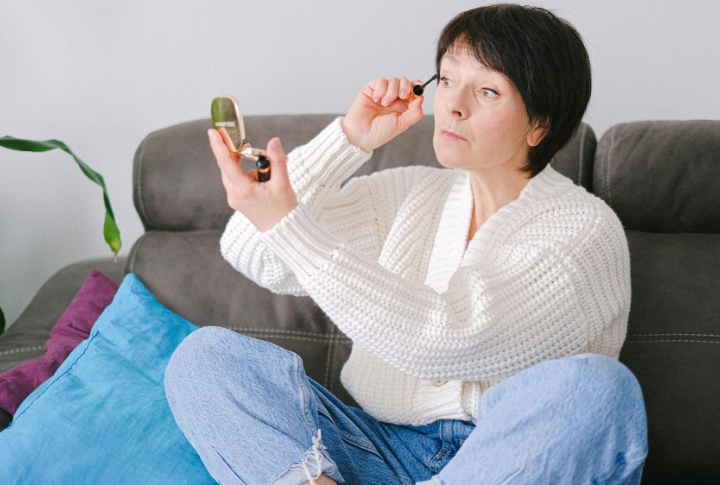
Plenty of everyday comments directed at women over 60 carry hidden jabs. Some sound polite, others well-meaning, but they often mask outdated beliefs about aging. These remarks aren’t always loud, but they sting. This list calls out 20 comments that reveal bias and deserve to be left behind.
You Look Good For Your Age
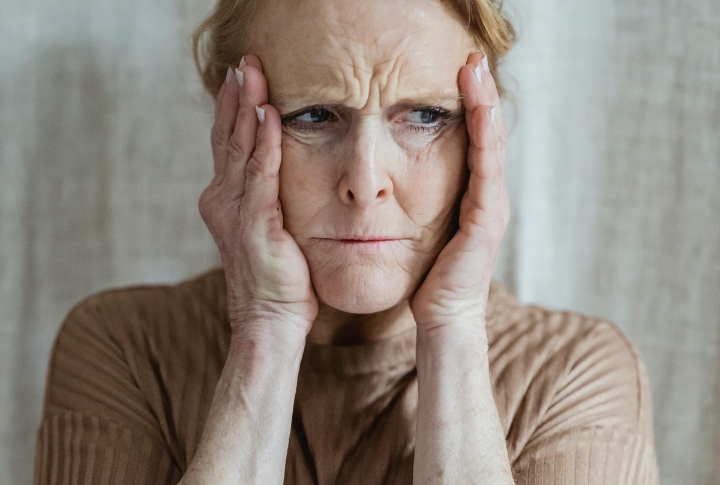
Framing beauty as an exception past a certain age sends the wrong message. When someone says “for your age,” it quietly suggests that older women aren’t expected to look vibrant or attractive. The compliment becomes less about admiration and more about disbelief.
“Are You Still Working?”

Passion-driven careers don’t fade with age. Comments that express surprise at continued employment imply a lack of relevance. Yet, per the U.S. Bureau of Labor Statistics reports, nearly one-quarter of Americans over 65 remain active in the workforce, disproving this assumption.
“Do You Really Need That?” (When Shopping)
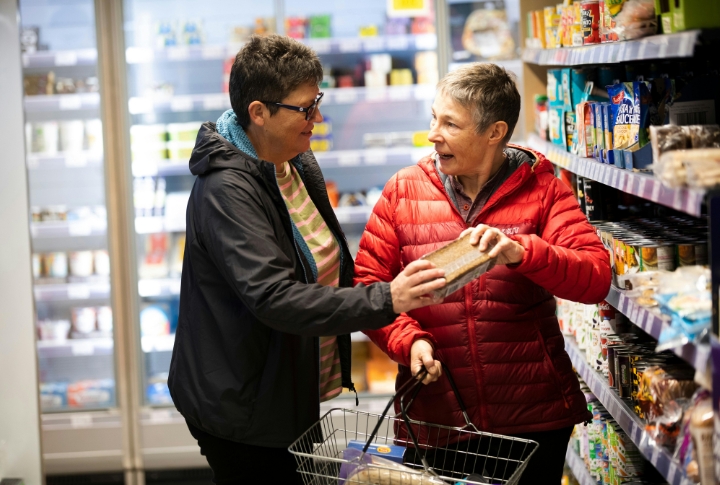
Questioning a purchase can signal that older shoppers are excessive or impractical. However, data from AARP analysis shows older adults have more discretionary income than other age groups. Seniors typically spend generously on experiences and philanthropy, which surpasses younger consumers in categories like travel and charitable giving.
“You’re Not On Social Media, Are You?”
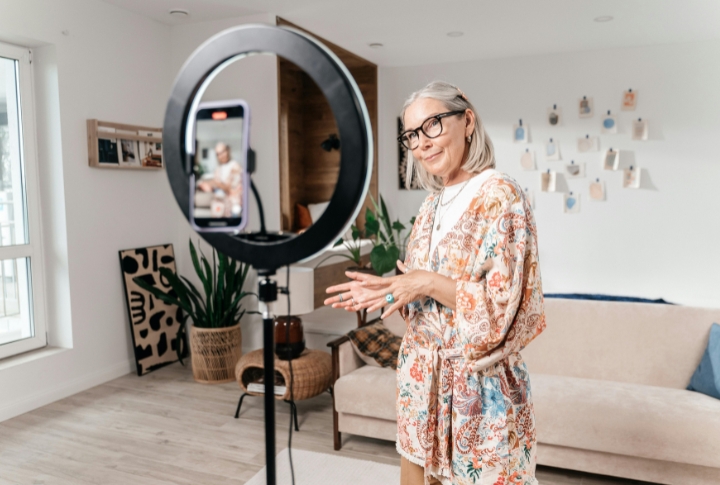
Tech proficiency comes from interest, not age. Pew Research Center notes that over 70% of adults aged 60–69 in the U.S. use Facebook consistently, which defies outdated tech stereotypes. This shows that seniors can be creative in their use of digital platforms.
“You Should Dress More Age-Appropriately”
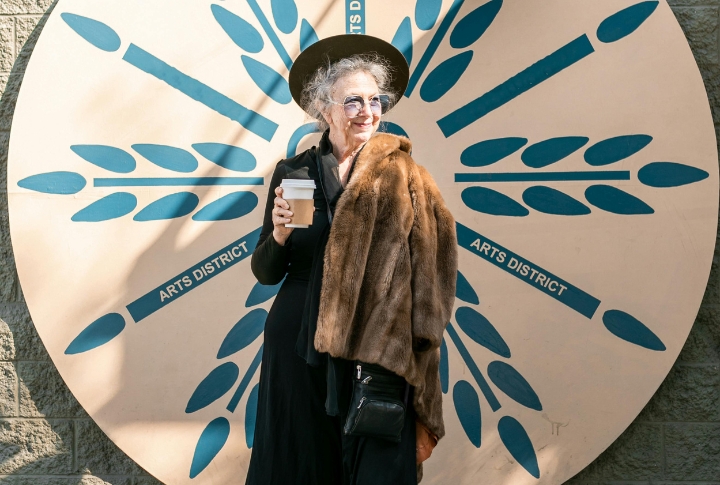
Comments about dressing one’s age push outdated rules that limit self-expression. Fashion isn’t reserved for the young; it’s a creative outlet that belongs to everyone. Bright lipstick, statement jewelry, or patterned pants don’t need permission. Age has nothing to do with style.
“That Hairstyle Is Too Youthful For You”
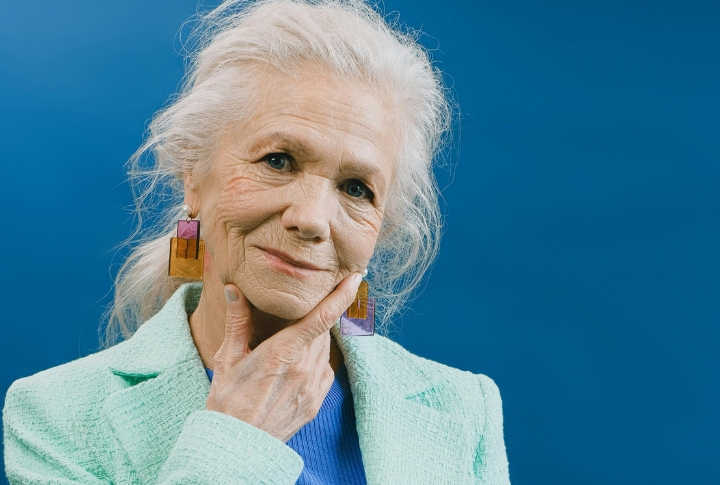
Hair has no age limit. Style choices express mood, not birth year. Judging a haircut for being too modern only reflects narrow ideas of what older women should look like. Some use a new cut to show boldness, others to mark a fresh start.
“Is That Your Granddaughter’s Outfit?”
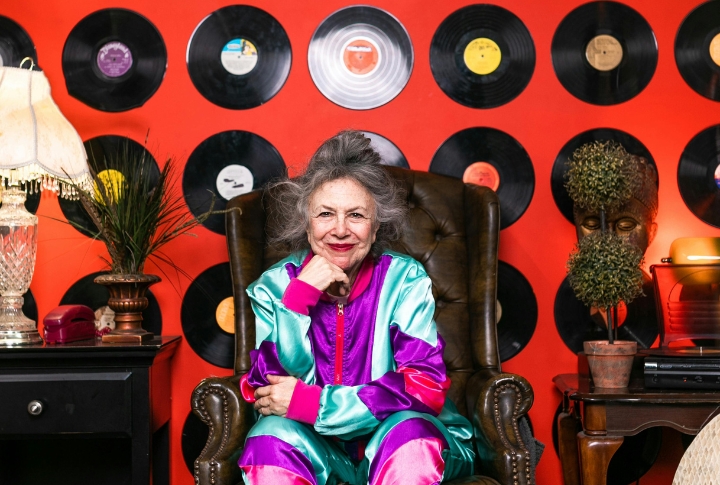
Icons like Linda Rodin showcase how eclectic outfits redefine what senior fashion looks like. Suggesting generational borrowing implies older women lack originality or maturity. On the contrary, women over 60 are fueling global fashion markets and dictating trends. They blend vintage aesthetics with bold styles, such as punk or glam.
“You Should Act Your Age”
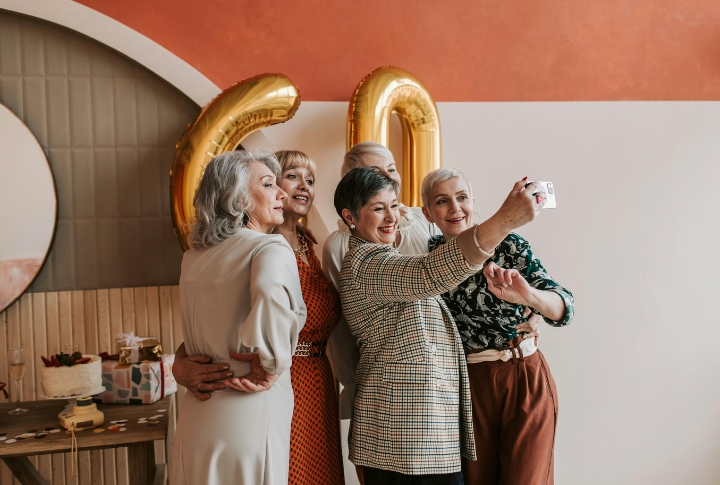
Older adults are often told to conform to behaviors deemed “appropriate,” which limits joyful expression. Clearly, age does not dictate how someone should enjoy their time. Gallup polling shows that older adults who engage in spontaneous, playful activities report higher levels of daily happiness compared to age-conforming peers.
“You’re Lucky Your Husband Still Likes You”
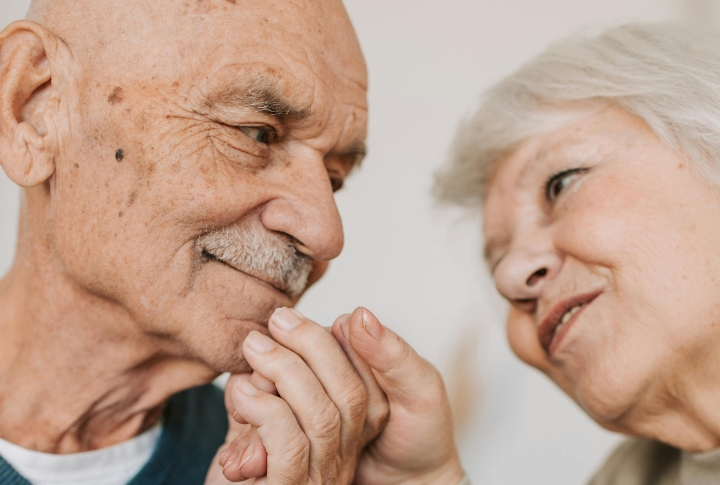
Framing affection as luck dismisses years of effort, growth, and partnership. It suggests her worth depends on someone else’s approval, not her own. Lasting love isn’t random—it’s built. Comments like this ignore the strength and self-respect that define real relationships at any age.
“You Shouldn’t Live Alone”
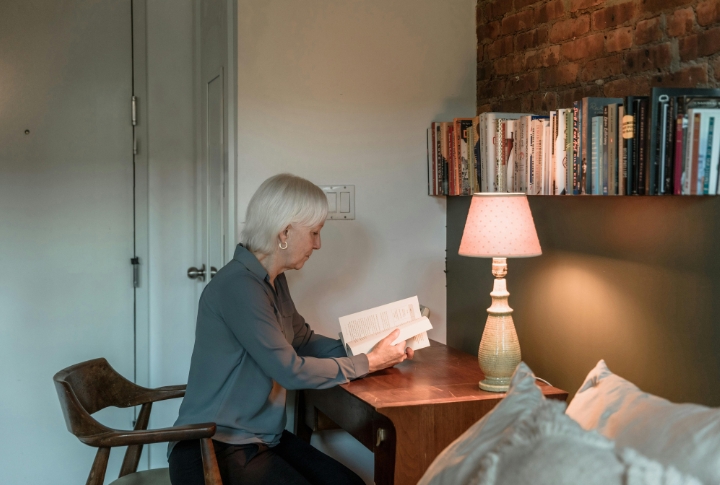
Comments like this challenge autonomy and label independence as risky. However, many older adults opt for solo living and report a strong sense of freedom and stability. Homes built with smart tech now support senior safety without compromising solitude, which makes solo life more empowered and comfortable than ever.
“Can You Handle That Job?”
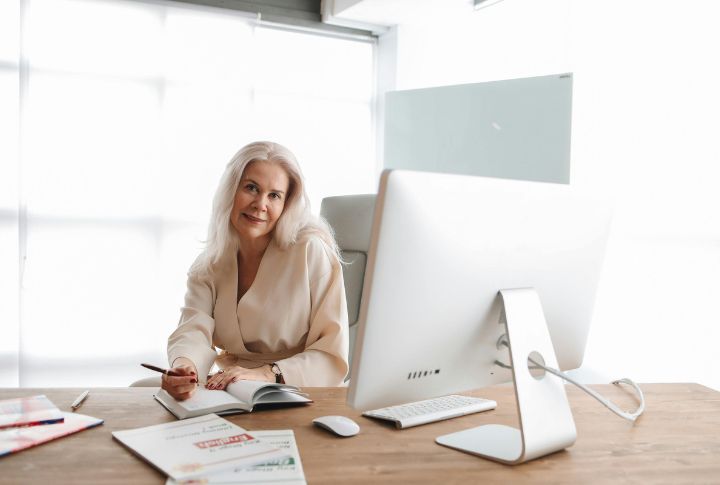
Contrary to stereotypes, cognitive decline doesn’t occur uniformly and is overestimated. In reality, AARP’s Employment and Training Program emphasizes that older professionals excel due to higher emotional intelligence and strategic thinking. NASA’s Mars planning team even included professionals in their seventies, defying expectations.
“You’re So Old-Fashioned”

Senior Planet, a digital lifestyle platform by OATS, features thousands of older users advancing tech skills and contributing to innovative projects in AI and cybersecurity. Labeling someone as old-fashioned suggests their worldview is obsolete, whereas tradition usually coexists with innovation.
“Should You Be Driving?”
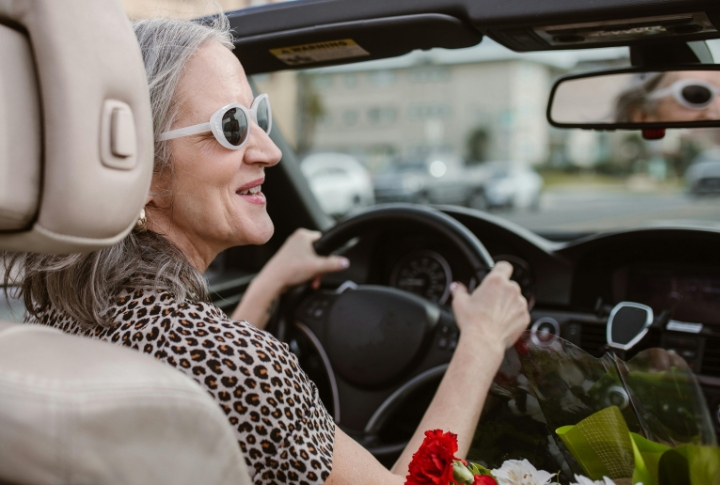
Doubts about senior driving usually ignore actual performance and safety metrics. Licensing decisions depend on proven ability, not birth year. Drivers in their 70s tend to avoid risky behaviors like speeding and distraction. One example is Miss Norma, who toured America solo at the age of 90.
“Isn’t That Too Spicy/Salty/Sweet For You?”
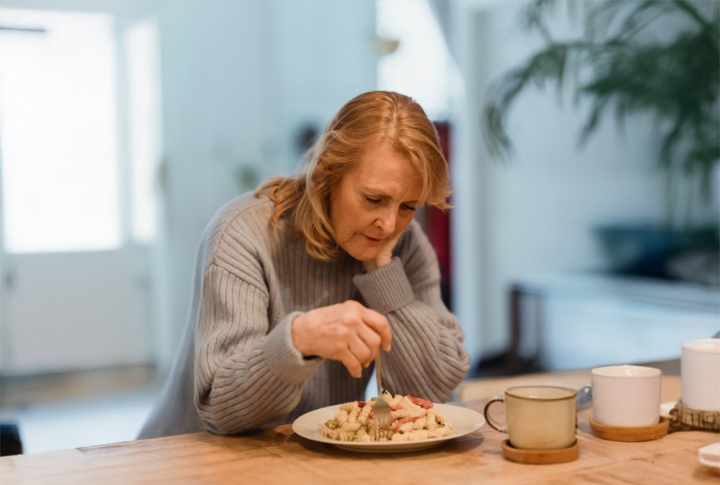
Assuming someone’s taste has faded just because of age is rude. Preferences change for all sorts of reasons, but that doesn’t mean flavor goes out the window. Some women actually crave stronger tastes and explore more adventurous meals than they ever did before.
“Your Memory’s Going, Huh?”
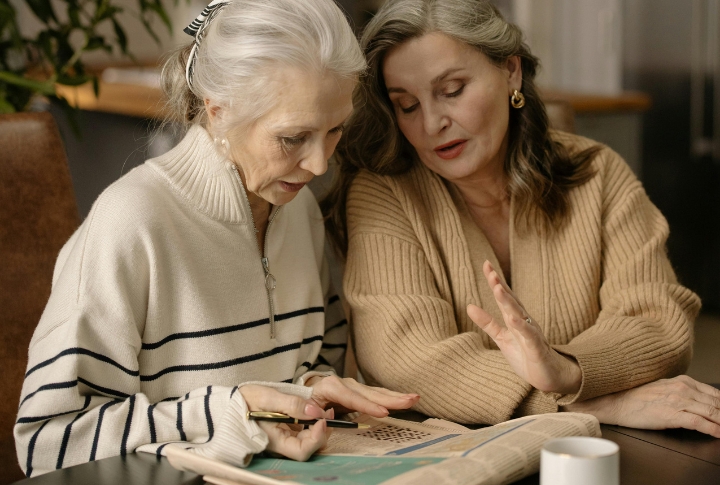
Neuroscience shows that memory lapses happen at every age, not just in older adults. Research by the National Institute on Aging highlights the brain’s lasting elasticity, which supports lifelong learning. That’s one reason more older Americans are turning to puzzles, language apps, and other activities that keep the mind sharp.
“Wow, You’re Still Dating?”
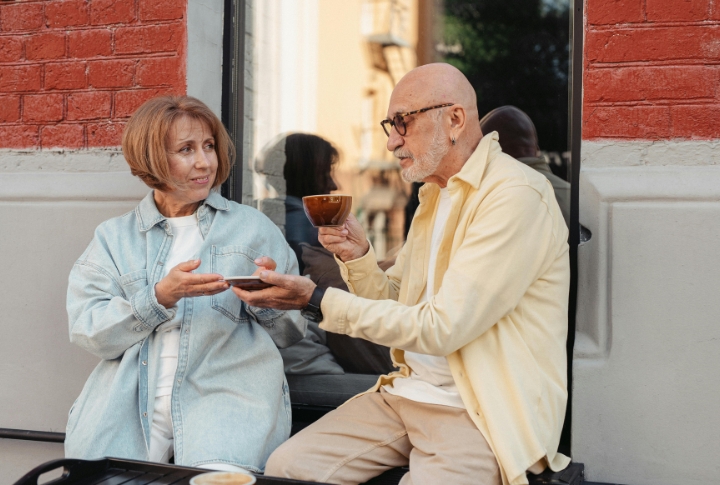
Millions of Americans over 60 date actively and embrace companionship with confidence. Suggesting that romance should end past a certain age sends a dismissive message about emotional connection. Seniors now form the fastest-growing group on dating apps, engaging with love on their own terms, not by age-based rules.
“You’re Retired, So What Do You Do All Day?”
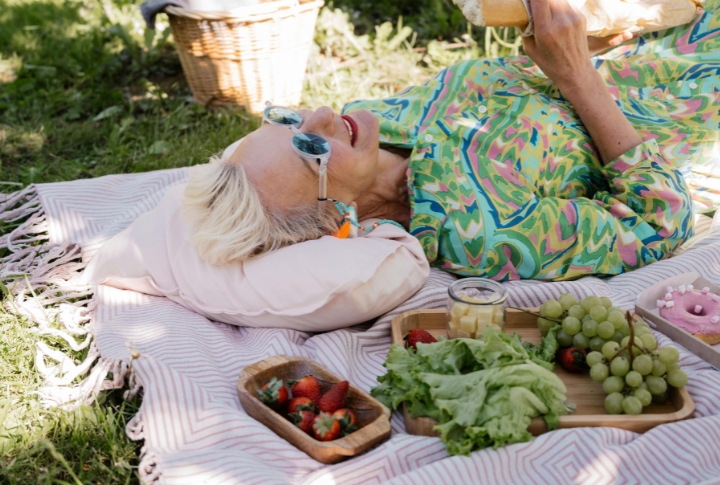
This question implies retirement lacks meaning or structure, which disregards the dynamic routines many create. Older adults use retirement to travel, volunteer, and build businesses. Some even turn personal interests into late-stage careers. Retirement typically fuels new creativity rather than closing the door on purpose.
“Are You Sure You Want To Start This Now?”
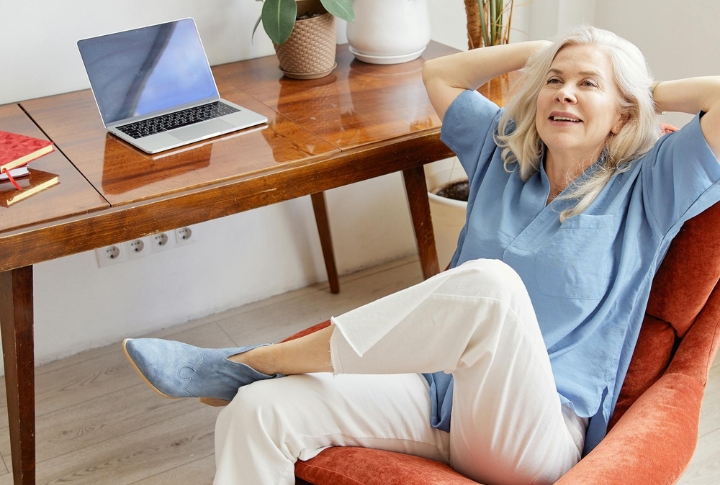
This question quietly dismisses the drive to grow later in life. Yet ambition doesn’t run on a timer. Robina Asti earned her pilot license at 72 and went on to teach aviation for years. Many older adults thrive in fresh roles—leading, creating, performing—long after others think their prime has passed.
“Why Are You Still Wearing Makeup?”
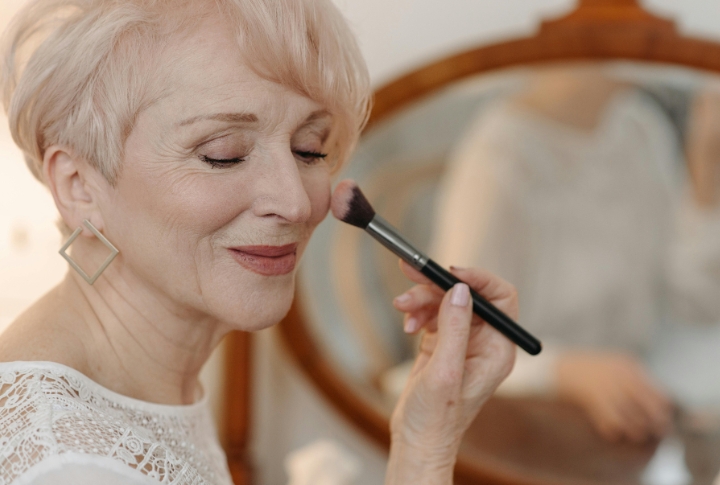
Makeup can boost mental wellness, reinforce identity, and spark creativity. Judging someone for using cosmetics later in life suggests beauty is reserved for youth. Women over 60 actively drive beauty industry growth, and some even gain global audiences as bloggers and trendsetters, setting skincare standards.
“Aren’t You Too Old To Travel Alone?”
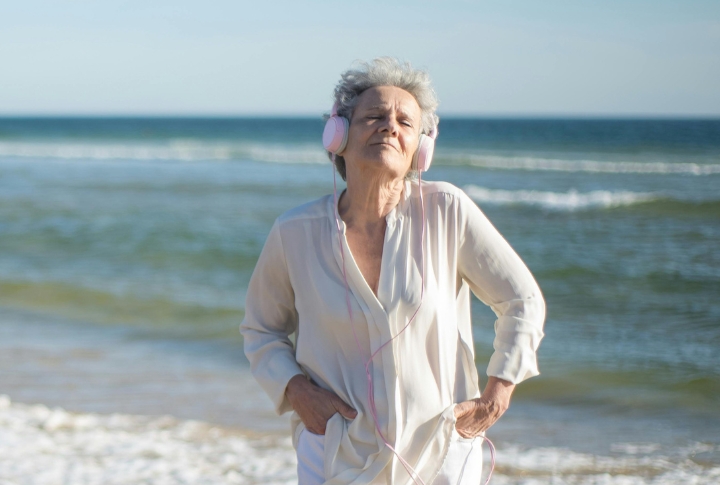
Some prefer quiet beaches; others chase mountains. Traveling solo after 60 often brings deeper experiences shaped by confidence and curiosity. Questioning these choices implies risk or recklessness when what’s really at work is freedom—the kind chosen with intention, not accident.

